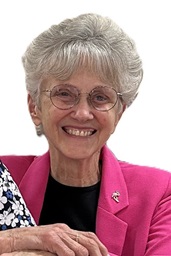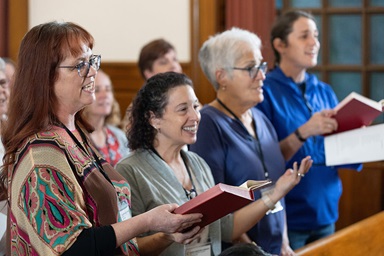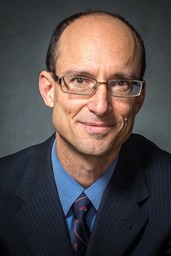Key points:
- Three historic United Methodist Churches in San Antonio came together for a Human Relations Day service ahead of the city’s MLK Day March — the country’s largest.
- One of the churches is predominantly Black, another and is predominantly Hispanic and the third has been predominantly white over most of its long history but is more diverse now.
- The Rev. Dr. Giovanni Arroyo of the United Methodist Commission on Religion and Race preached at the service, emphasizing the need to cultivate “beloved community.”

Photo courtesy of the author.
Commentaries
“Stony the road we trod, bitter the chastening rod, felt in the days when hope unborn had died. Yet with a steady beat, have not our weary feet come to the place for which our fathers sighed?”
These words from the second stanza of “Lift Every Voice and Sing” — traditionally known as the Negro National Anthem — capture the essence of a very special celebration of Human Relations Day that occurred in San Antonio, Texas, on Sunday, Jan. 15.
For the first time, three distinct and historic United Methodist churches from downtown San Antonio came together for the service, which preceded by a day the city’s MLK Day March — the country’s largest.
The churches showed that great hope is generated when people see each other as human beings and acknowledge that all have the gifts needed to build a better community and church.
Participating in the joint service were La Trinidad United Methodist, a predominantly Hispanic congregation; St. Paul United Methodist, a predominantly African American congregation; and Travis Park United Methodist, which was a white congregation for much of its history but has diversified in recent years.
All three congregations gathered at the Carver Community Cultural Center on San Antonio’s east side. The music was a combination of old hymns and recent worship songs, with certain hymns getting a contemporary arrangement. Some songs allowed the children to participate with singing in Spanish and English. Pastors leading the service spoke in their preferred language, each with their own speaking style.
The guest preacher was the Rev. Dr. Giovanni Arroyo, top executive of the United Methodist Commission on Religion and Race. Dr. Giovanni urged us on bilingually, saying, “Sí, se puede (yes, we can) be a beloved community.”
Dr. Arroyo reminded us that the first to model the beloved community was Jesus. After citing the Gospel story of the crippled man whose friends tear down the roof to bring him to Jesus, Dr. Arroyo confronted us with the reality that we, as Christians, often create barriers for others to have access to God’s grace. We participate in and benefit from the systems that strip down the body of Christ.
Subscribe to our
e-newsletter
Dr. Arroyo reminded us that we should respond to our call to become a beloved community. When we share our gifts and resources, he said, everyone is blessed.
As Dr. Arroyo suggested, many may try to deter us from bringing the outsider or outcast to the center of the community, and others may want to dictate the community’s values. But we need to focus on the Gospel truth that all embody the divine image of God.
And rather than try to make everyone think or act the same, we must celebrate our differences. It is not a task for the faint of heart. But it is a requirement for all of us who are Jesus’ disciples and therefore tasked with being the beloved community where we are planted.
The Human Relations Day service ended with fellowship and food. All got to share in conversation and build new relationships.
Recalling the words of the “Lift Every Voice and Sing,” we come from a painful past, yet we are on the right road and can continue moving to the place for which our ancestors sighed. Human Relations Day here in San Antonio displayed what it looks like when we come together and openly share our gifts and leadership.
I want to express my gratitude to the pastors and other leaders of these three congregations. They set an example, and I believe other congregations will follow them in tearing down barriers.
I close by echoing Dr. Arroyo’s insistence that we are called to be a beloved community, and we can do just that.
Sí, se puede! Yes, we can!
Padilla is the Rio Texas Conference staff member focused on equity, diversity and inclusion, and on ministries with young people.




